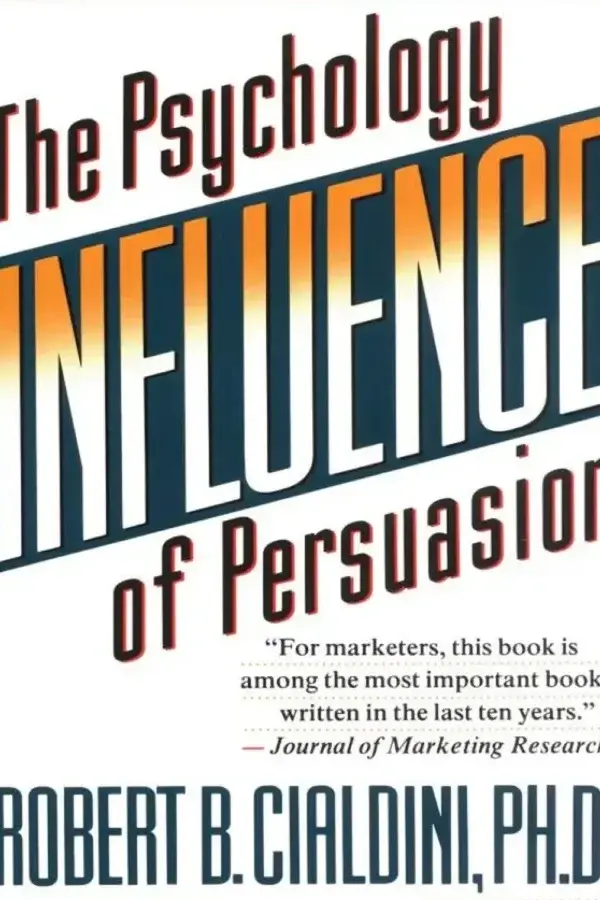Votre panier est vide.
The Mind managers
100,00 DH
Explore how media, politics, and corporations shape your thoughts in The Mind Managers. Herbert Schiller reveals the subtle tactics used to control public opinion, from biased news to manipulative ads. Learn how power structures exploit communication channels to maintain dominance. A timeless critique of media’s role in societal control, perfect for fans of Noam Chomsky or Naomi Klein. Discover why critical thinking is your best defense against hidden agendas. This 1975 classic remains shockingly relevant in today’s era of misinformation. Ideal for readers passionate about media literacy and social justice. Uncover the strings behind the stories you’re told—then decide who’s pulling them. 🧠🎭📢
Description
The Mind Managers delves into the hidden mechanisms of power that shape public perception through media, advertising, and political systems. Herbert I. Schiller exposes how corporations, governments, and institutions manipulate information to control societal narratives, often prioritizing profit and authority over truth. The book critiques the rise of mass communication as a tool for ideological conditioning, highlighting how news, entertainment, and education are co-opted to serve elite interests. Schiller argues that this manipulation stifles critical thinking and reinforces systemic inequalities, urging readers to question the information they consume. Written in the 1970s, its exploration of media consolidation and propaganda remains eerily relevant in today’s digital age, where algorithms and corporate agendas dominate public discourse.
The author examines case studies from advertising campaigns to government propaganda, revealing patterns of distortion and omission. He challenges the notion of “objective” media, showing how editorial choices and corporate sponsorship skew representation. Schiller also critiques the role of education systems in perpetuating these dynamics, arguing that critical analysis is often sidelined in favor of conformity. His work bridges historical context and contemporary critique, offering a framework to analyze modern issues like fake news and algorithmic bias.
Schiller’s analysis extends to the military-industrial complex and its influence on cultural production, including early warnings about Disney’s growing media dominance. He warns that unchecked corporate power in media erodes democracy by limiting diverse perspectives. The book’s strength lies in its accessible breakdown of complex systems, making it a foundational text for understanding media’s role in societal control. While some examples feel dated, the core thesis—that information is a battleground for power—resonates more urgently today.
Readers will gain tools to dissect media messages and recognize hidden agendas in everyday content. Schiller’s work is a call to action for media literacy and systemic reform, advocating for transparency and accountability in information dissemination. It’s essential reading for anyone interested in how power structures shape what we see, hear, and believe.



















Avis
Il n’y a pas encore d’avis.